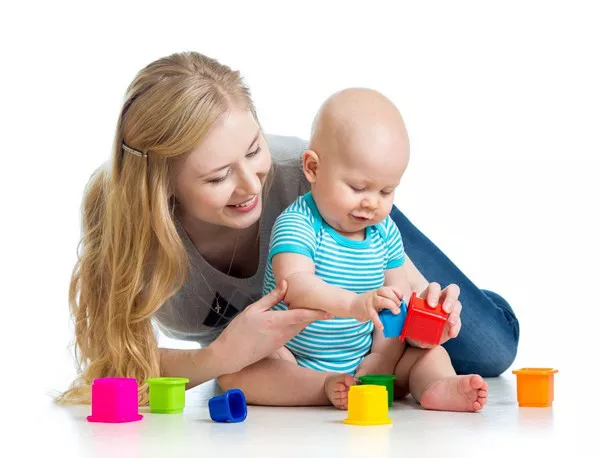In the world of parenting, few things can be as nerve-wracking for new moms and dads as dealing with a stuffy-nosed infant. When your little one is struggling to breathe comfortably, it’s essential to have a few tricks up your sleeve. This article is your comprehensive guide on what to do when your infant has a stuffy nose, offering you the best remedies and expert advice to help your baby breathe easy.
1. Understanding the Causes of Infant Nasal Congestion
Before we dive into the remedies, it’s crucial to understand why your baby might be experiencing a stuffy nose. Newborns have delicate nasal passages, making them susceptible to congestion. Common causes include:
a. Common Cold: Infants can easily catch a cold, leading to congestion.
b. Allergies: Dust, pollen, or pet dander can trigger allergies and nasal congestion in babies.
c. Dry Air: In dry climates or heated rooms, moisture in the air decreases, causing nasal passages to dry up and become stuffy.
d. Teething: As babies start teething, they can produce excess saliva, which may lead to congestion.
e. Exposure to Smoke: Secondhand smoke can irritate a baby’s airways and lead to congestion.
2. Elevating Your Baby’s Head
One effective way to help your infant breathe more comfortably is to elevate their head while sleeping. Placing a small pillow or towel under the crib mattress at the head end can create a slight incline, reducing nasal congestion. Ensure that your baby’s head is raised safely, as their comfort and safety should be a top priority.
3. Humidify the Room
As mentioned earlier, dry air can be a culprit behind infant nasal congestion. Adding a humidifier to your baby’s room can help maintain an optimal level of moisture in the air. Be sure to keep the humidifier clean and free from mold or bacteria, and use distilled water to avoid mineral buildup.
4. Saline Nasal Drops
Saline nasal drops are a safe and effective way to relieve your infant’s stuffy nose. Gently squeeze a few drops into each nostril, wait a minute, and then use a bulb syringe to remove any mucus. This simple yet efficient method can make a significant difference in your baby’s comfort.
5. Use a Nasal Aspirator
A nasal aspirator can be a valuable tool in your baby congestion relief kit. These small devices help you suction mucus from your infant’s nose. Make sure to choose one designed specifically for babies and follow the manufacturer’s instructions for safe and effective use.
6. Steam Therapy
Steam therapy can work wonders for relieving infant nasal congestion. Create a steamy environment in your bathroom by running a hot shower. Sit in the steamy room with your baby for a short period, making sure the water temperature and steam are not too hot. The warm, moist air can help loosen mucus and make breathing easier for your little one.
7. Gentle Massage
Gently massaging your baby’s chest and back can help improve their circulation and relieve congestion. Use baby-safe oil, warm it slightly, and perform gentle strokes to help your baby breathe more easily. This can also provide a soothing and comforting experience for your infant.
8. Breast Milk or Formula
Breast milk and formula are essential sources of nourishment for your baby. However, they can also help relieve congestion. The act of sucking can help clear the nasal passages and improve breathing. If your baby seems fussy or unwilling to nurse due to congestion, consider offering a bit more frequently.
9. Contact Your Pediatrician
If your baby’s congestion persists, worsens, or is accompanied by a fever, it’s crucial to contact your pediatrician. These symptoms could indicate a more serious underlying issue, such as a respiratory infection, that requires professional medical attention.
In conclusion, infant nasal congestion can be a source of concern for parents, but with the right approach and remedies, you can help your baby breathe comfortably. Remember that your baby’s safety is paramount, and always consult with a healthcare professional if you’re uncertain about your infant’s condition. By following these tips, you can provide relief to your little one and ensure both of you get a good night’s rest.


